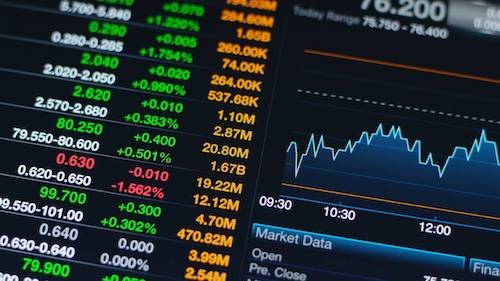#Volatility #USMarkets #InternationalMarkets #FinancialNews #MarketTrends #EconomicImpact #Investing #GlobalEconomy
The volatility observed in U.S. markets has been a significant concern for both domestic and international investors over recent times. This instability is not just a local phenomenon but has started to echo across global financial landscapes, showcasing how interconnected the world economies really are. The U.S. stock market, known for its influential role in global finance, acts as a bellwether for investors worldwide. When there’s turbulence in the U.S. market, it invariably sends ripples across international markets, affecting global investment strategies and economic outlooks.
This phenomenon, often referred to as ‘contagion,’ highlights the domino effect that can occur within our interconnected financial systems. When the U.S. market experiences volatility, it tends to decrease investor confidence globally, leading to sell-offs in other markets as investors flee to safe-haven assets. This sequence of events can exacerbate economic uncertainties, impacting not just stock markets but also currency values, commodity prices, and even real estate markets internationally. The repercussions can be far-reaching, affecting not only investors but also companies, economies, and even the average consumer through changes in inflation rates, employment opportunities, and purchasing power.
Understanding the factors contributing to the volatility of U.S. markets is crucial for both policymakers and investors. Factors can range from changes in U.S. fiscal and monetary policies, geopolitical tensions, to unexpected economic data or global events such as pandemics. To mitigate the impact of U.S. market volatility on international markets, investors and governments alike are increasingly looking towards diversification strategies, real-time monitoring of global market trends, and more robust economic policies that can withstand the shockwaves generated by the U.S. financial markets. As we move forward, the ability to adapt and respond to these market dynamics will be key in maintaining economic stability and protecting the interests of global investors.







Comments are closed.